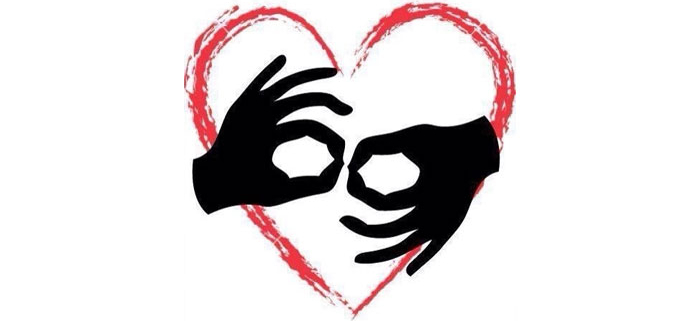The impact of sign language interpreters
Effective communication is the foundation of understanding and connecting with others. For individuals who are Deaf or hard-of-hearing, sign language interpreters play a pivotal role in facilitating communication and breaking down barriers. Read on to discover the significant impact of sign language interpreters, their invaluable contributions and how they enable meaningful interactions and inclusivity for the deaf community.
The vital role of sign language interpreters
Sign language interpreters are highly skilled professionals trained in bridging the gap between individuals who use sign language and those who communicate verbally. They facilitate communication by interpreting spoken language into sign language for Deaf or hard-of-hearing individuals and vice versa, enabling seamless interaction in various settings.
You will find sign language interpreters working in all industries, including legal, educational, medical and business situations. Their work is essential in ensuring that deaf and hard of hearing individuals have equal access to information and services, and that their rights are respected and upheld.
Promoting inclusivity and accessibility
Sign language interpreters play a crucial role in ensuring that deaf or hard-of-hearing individuals have access to information in a wide range of situations. From educational settings to medical consultations, business meetings and public events, interpreters enable the deaf community to participate fully and make informed decisions.
By providing sign language, interpreters empower deaf individuals to express their thoughts, ideas and emotions effectively. This empowerment fosters a sense of autonomy, independence and self-advocacy within the deaf community.
Breaking down communication barriers
Sign language interpreters excel in real-time communication, allowing individuals who use sign language to actively engage in conversations, discussions and social interactions. This immediate access to information fosters a sense of inclusion and belonging.
Interpreters are trained to convey messages accurately and clearly, maintaining the intended meaning and tone of the communication. Their expertise in sign language linguistics and cultural nuances ensures a smooth and meaningful exchange of information.
Supporting education and professional settings
Sign language interpreters play a vital role in educational settings, providing deaf students with equal access to education. They interpret lectures, classroom discussions, and extracurricular activities, ensuring that deaf students can fully participate in all aspects of their academic journey.
In the workplace, sign language interpreters facilitate effective communication during team meetings, training sessions, and client interactions. They enable deaf employees to collaborate with colleagues, contribute ideas, and progress in their careers without communication barriers.
Promoting inclusive events and public services
Sign language interpreters contribute to the inclusivity of public events, such as conferences, seminars and cultural gatherings. Their presence allows deaf attendees to engage with presentations, performances and discussions, promoting a sense of belonging in diverse social spaces.
Interpreters are also critical in emergency situations, where clear communication is essential. They support deaf individuals during medical appointments, legal proceedings and interactions with law enforcement, ensuring everyone’s rights and needs are respected and understood.
How do you become a sign language interpreter?
In order to become a sign language interpreter, individuals must complete a rigorous training program that typically includes coursework in linguistics, interpreting theory, and the practice of interpreting. They also have to pass a certification exam that tests their skills in interpreting, cultural, and legal knowledge.
Sign language interpreters are language bridge builders who play a vital role in breaking down communication barriers and promoting inclusivity for the deaf community. Our core team at 121 Captions not only includes Sign Language Interpreters, but court reporters and captioners, professional lip readers, certified lipreading teachers, and deaf awareness trainers.
Remember, sign language interpreters are catalysts for meaningful interactions and a more inclusive world. If you are in need of one for your business or institution, then contact us today!




Leave a Reply
Want to join the discussion?Feel free to contribute!